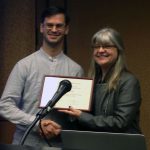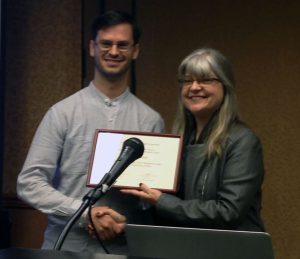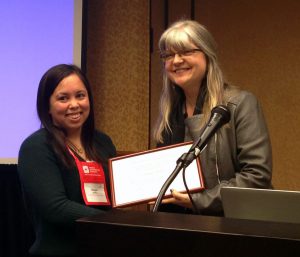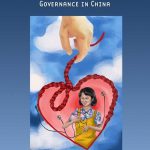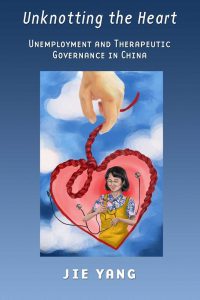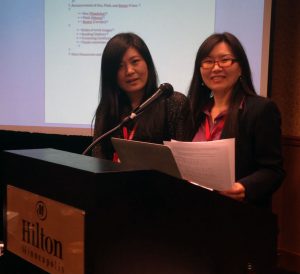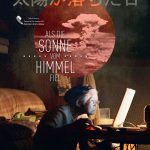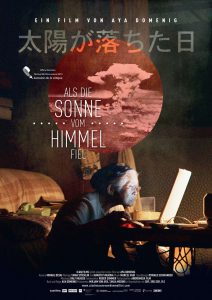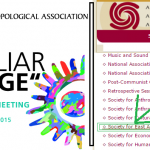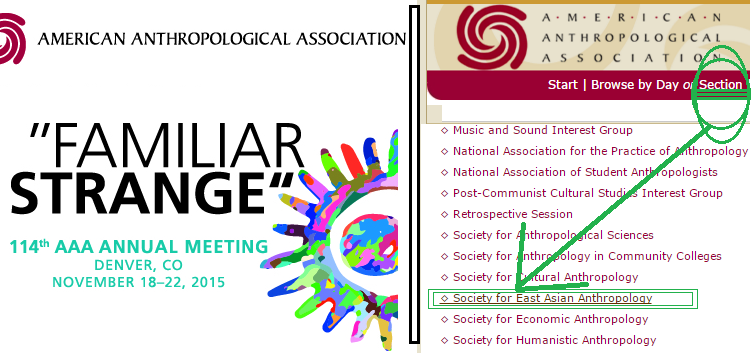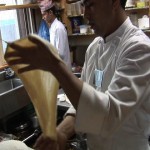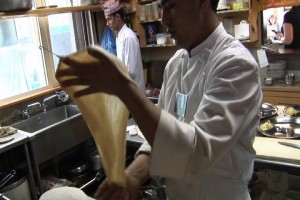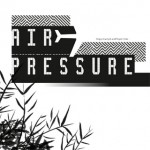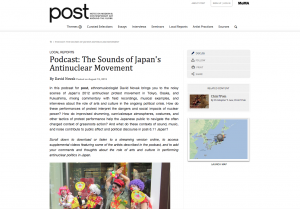Society for East Asian Anthropology
Jieun Cho and Aaron Su
December 1, 2022
SEAA members gathered virtually on November 19 for the annual Business Meeting, where the Board and section members reviewed activities throughout 2022, announced new positions, and awarded book and media prizes.
Fancis L.K. Hsu Book Prize
Committee Members: Jennifer Prough (chair), Yi Wu, Lyle Fearnley, Miriam Driessen
Winner
The Anatomy of Loneliness: Suicide, Social Connection, and the Search for Relational Meaning in Contemporary Japan, written by Chikako Ozawa-De Silva, Associate Professor of Anthropology at Emory University, published by the University of California Press.
Honorable Mentions
Glossolalia and the Problem of Language, written by Nicholas Harkness, Professor of anthropology at Harvard University, published by the University of Chicago Press.
Stitching the 24-Hour City: Life, Labor, and the Problem of Speed in Seoul, written by Seo Young Park, Associate Professor in the Department of Anthropology at Scripps College, published by Cornell University Press.
The David Plath Media Award 2022
We are pleased to announce the following winner and two honorable mentions for the biennial David Plath Media Award.
Winner:
206 UNEARTHED
Director: Chul-nyung Heo
Producer: Sona Jo, SonaFilms
This stunning film blends documentary-style footage, interviews, and metavoice commentary to tell the searing tales of a voluntary group of amateur archaeologists, seeking the remains of civilian dead from the Korean War. The 206 of the title references the 206 bones of the human body, at best unearthed with painstaking care and pieced together to bring the past to a final reconciliation with the present. At worst, however, these are bones whose hauntings remain unearthed, unfound, and unresolved. The film astonishes with its elegance, ranging from the philosophical to the deeply personal to the scholarly. It brings to the fore contemporary anthropological discussions of memory, emotion, trauma, and healing, here rooted in a particular time, place, and group of people, but reaching far more broadly. In doing so, the film invokes the power of the medium itself to achieve its visual and auditory profundity.
Honorable Mention:
Miles to Go Before She Sleeps
Producer/Editor: J. Faye Yuan, New Circle Films
This intense and emotionally charged film follows an activist, Ms. Yang, in her fight for the welfare protection of dogs and against the practice of dog meat eating in China. The central ethnographic conundrum of the film (China becoming the largest pet market while being world’s largest dog meat producer) is made clear within the first minutes and immediately captures attention. We are quickly drawn into thinking about the tension between perceiving non-human animals as companions versus perceiving them as food, and consequently the limits of animal—and human—rights. Compellingly combining documentary-style filming with TV news clips and ‘silent’ street scenes overlaid with music, the film is praiseworthy for being both activist-oriented and well-balanced in its approach, and for its careful and courageous way of engaging in this contentious and potentially dangerous topic.
Honorable Mention:
Hengdian Dreaming
Director: Shayan Momin
It is a lively film about hope, dreams, freedom and precarity of life as a background actor in Hengdian, a movie capital of China. As the film skilfully blends online and offline footage to address an unspoken aspect of media production and youth struggles in China, it asks us to consider the nature (and price) of hope, the relationship between mobile technologies and presentation(s) of self, and the relationship between agency and exploitation. A compelling use of visual and audio elements from the ground accentuates the lived conundrum of the background actors and attests to the close engagement of the researcher with the people he represents. There is therefore much that the film can provoke for the classroom not only in relation to the topics evoked, but also in relation to the relationship between the researcher and the people they work with and the politics of representation.
New Anthropology News Column Theme, and Open SEAA Positions
The SEAA Column in Anthropology News will be publishing pieces in 2023 under a new theme, after receiving several submissions during a call for papers: “The Future of the ‘Public’ in East Asia.” The column publishes SEAA members’ reflections and photo essays based on original ethnographic research.
In addition, new SEAA positions will be open soon. Two Councilor positions and one Student Councilor position are available for those who wish to run. Please contact Ellen Oxfeld (oxfeld [at] middlebury.edu) announcing your intent to run as soon as possible.
We also said goodbye to several outgoing members: Jie Yang, Marvin Sterling, Isaac Gagne (Treasurer), and Tim Quinn (Student Councilor). We welcomed a cohort of new members as well: Jun Zhang (Treasurer), Claudia Huang (Councilor), Kunisake Hirano (Councilor), Sojung Kim (Student Councilor).
Thank you to all of these members for volunteering their time and energy to keep SEAA a thriving forum for intellectual exchange! We also thank Guven Witteveen, who has deftly overseen SEAA’s Digital Communications.
Jieun Cho is an editor for the SEAA section news column. She is a PhD candidate in Cultural Anthropology at Duke University and currently writing up her dissertation on children’s health, everyday life, and radioactive uncertainty in post-nuclear Japan.
Aaron Su is an editor for the SEAA section news column. He is a PhD candidate in Anthropology at Princeton University with interests in medical and environmental anthropology, urban design, and contemporary China.

